
Students of a primary school in Ho Chi Minh City talk with foreign teachers during an English club meeting - Photo: MY DUNG
Ms. T., principal of a secondary school in Ho Chi Minh City, said she was very happy with the news that Ho Chi Minh City will pilot the introduction of English as a second language in schools.
"This is an inevitable trend of Vietnamese education if we want to prepare human resources for an increasingly civilized and prosperous society, on par with the world powers," said Ms. T.
Mr. Huynh Thanh Phu (Principal of Bui Thi Xuan High School, Ho Chi Minh City)
Where to find English teachers?
According to Ms. T.'s assessment, while the majority of students in her school are very good at English and have a good rate of fluent English communication, on the contrary, the teaching staff - the ones who will directly implement the policy of making English the second language in schools - have a very low rate of proficiency in English communication.
"Teachers have full degrees and English certificates as required, but over time, the number of teachers using English to communicate has become rare. The working environment that does not require English has eroded each teacher's ability to use English in practice. Currently, only about 10% of teachers in the school can use English to communicate. That is a barrier," Ms. T. informed.
Ms. Tran Thuy An - principal of Minh Duc Secondary School, District 1, Ho Chi Minh City - said that according to general requirements, new teachers must have equivalent English degrees and certificates.
While previously trained teachers all have English certificates that are converted to six-level competency standards according to the foreign language competency framework. However, according to Ms. An's assessment, even with an English certificate, teachers cannot teach subjects in English.
"English proficiency is only enough for communication, but it is not enough to be used as a language for teaching subjects," Ms. An frankly admitted.
Ms. An added that basically, the general teachers are not able to teach their subjects in English. However, among those teachers, there are also teachers who actively learn English and can take on the task of teaching their subjects in English.
"Our school has three teachers who can use English as the language to teach their subjects. One has a bachelor's degree in English and has good communication and language skills. One has a master's degree in English and can teach natural sciences in English. One has a master's degree in mathematics and can teach mathematics in English. Although the ratio is not high, it is not impossible," said Ms. An.
Improving English proficiency for teachers
According to many principals, the characteristics of general schools today are different. Therefore, the proportion of teachers who can use English to teach is not the same. Although it is difficult and challenging, according to the schools' perspective, this can be done if the roadmap is followed.
"If the school leaders are conscious of making the policy of making English a second language a reality, there will be steps to take. For example, creating opportunities for capable and competent teachers, building from a bright spot into a halo and spreading it throughout the school," the principal of a primary school in Ho Chi Minh City suggested a solution.
Mr. Huynh Thanh Phu - Principal of Bui Thi Xuan High School, Ho Chi Minh City - admitted that the biggest concern in implementing English as a second language in schools is the teachers.
According to Mr. Phu, this is an issue that needs to be taken into account when implementing this policy. Because the current generation of teachers born in the 60s and 70s cannot speak standard English because they were previously exposed to non-standard English.
"I think in 10 years, teachers will be very good at speaking and using English to teach. To successfully implement the policy of making English the second language in schools, the education sector needs to continuously improve teachers' English proficiency, organize concentrated study for three months, six months and regular training to achieve the required level, they will have the ability to teach their subjects well," said Mr. Phu.
Dr. Le Xuan Quynh - head of the bachelor of languages program, RMIT University Vietnam - said that in addition to teacher training and regular professional development, pedagogical universities need to start implementing English training for students, first of all in math and natural sciences.
There should be an investment policy for teacher training schools with such English teacher training programs to standardize quality and ensure a source of teachers who can teach specialized subjects in English from kindergarten to high school.
Another solution is to recruit more native English teachers or foreign teachers to take charge of some subjects or educational activities at school, in order to gradually improve and enhance English communication skills. On the other hand, it is also possible to combine "Vietnamese teachers - foreign teachers" depending on the actual teaching situation in each school.
Seminar "Making English a Second Language in Schools"
From 9:00 a.m. to 11:30 a.m. today (October 2), Tuoi Tre newspaper will organize a discussion "Making English the second language in schools: What to do to overcome the challenges?".
The seminar was attended by experts, educators, teachers, parents, and managers to seek initiatives, suggestions, and solutions to realize the policy of "Gradually making English the second language in schools" according to Conclusion 91 of 2024 of the Politburo.
The guests of the panel discussion include:
* Mr. Nguyen Bao Quoc (Deputy Director of Ho Chi Minh City Department of Education and Training)
* Dr. Nguyen Thanh Binh (Head of English Department, Ho Chi Minh City University of Education)
* Dr. Le Xuan Quynh (Head of the Bachelor of Languages program, RMIT University Vietnam)
* Dr. Dam Quang Minh (Deputy General Director of Equest Group - the unit that is implementing a math and science teaching program in English in high schools)
* Ms. Pham Thi Thanh Binh (Vice Principal of Nguyen Van To Secondary School, District 10, Ho Chi Minh City)
* Ms. Bui Thi Thanh Chau (deputy head of foreign language group, Tran Dai Nghia High School for the Gifted, Ho Chi Minh City)
Source: https://tuoitre.vn/tieng-anh-la-ngon-ngu-thu-second-trong-truong-hoc-tim-loi-giai-cho-nhung-thach-thuc-20241002080832712.htm



![[Photo] Sparkling lanterns to celebrate Vesak 2025](https://vphoto.vietnam.vn/thumb/1200x675/vietnam/resource/IMAGE/2025/5/7/a6c8ff3bef964a2f90c6fab80ae197c3)

![[Photo] Prime Minister Pham Minh Chinh chairs meeting to review preparations for trade negotiations with the United States](https://vphoto.vietnam.vn/thumb/1200x675/vietnam/resource/IMAGE/2025/5/6/1edc3a9bab5e48db95318758f019b99b)






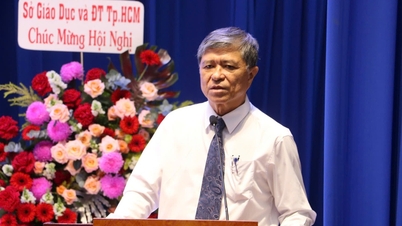


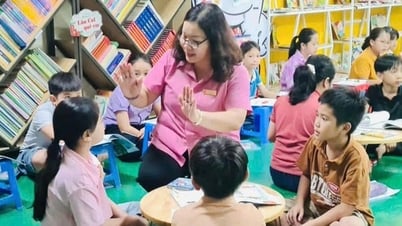


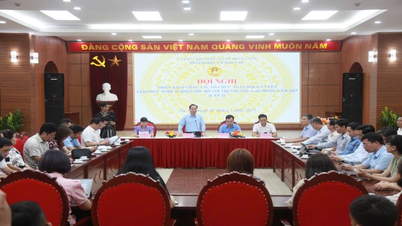
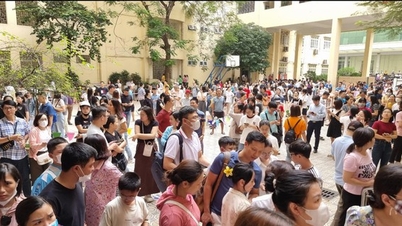
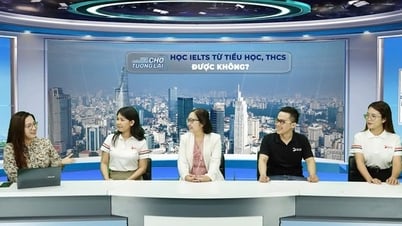
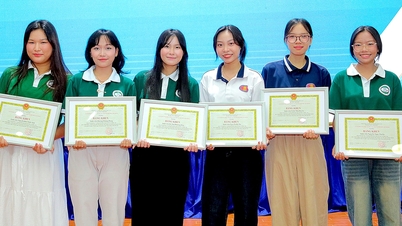










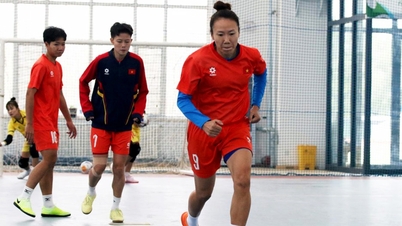

![[Photo] Prime Minister Pham Minh Chinh receives Mr. Tomas Heidar, Chief Justice of the International Tribunal for the Law of the Sea (ITLOS)](https://vphoto.vietnam.vn/thumb/1200x675/vietnam/resource/IMAGE/2025/5/6/58ba7a6773444e17bd987187397e4a1b)










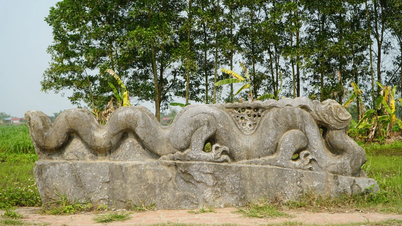


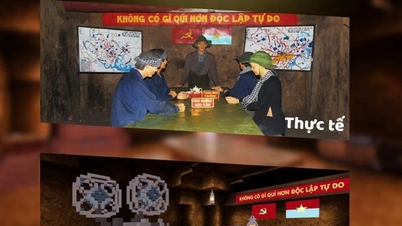



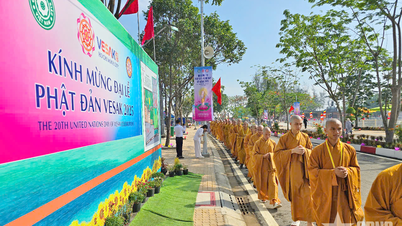


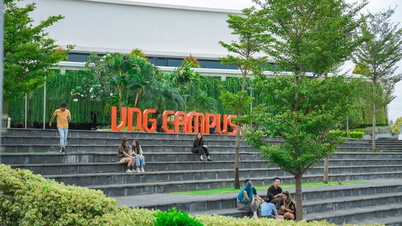


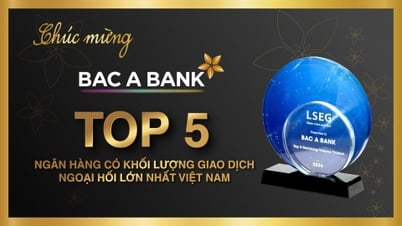



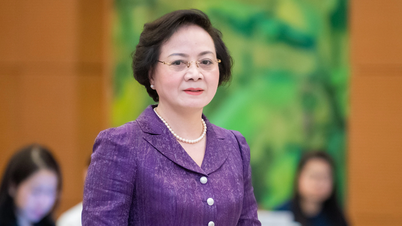


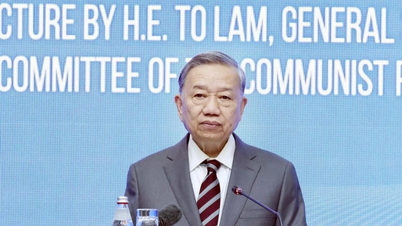
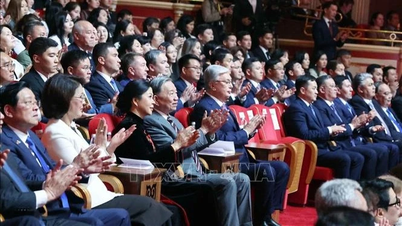
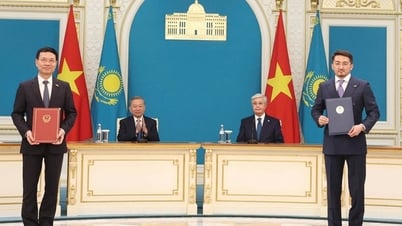






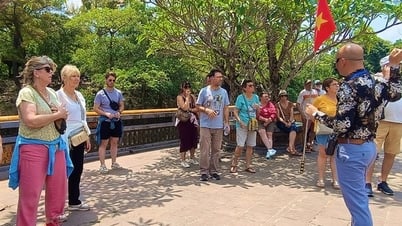
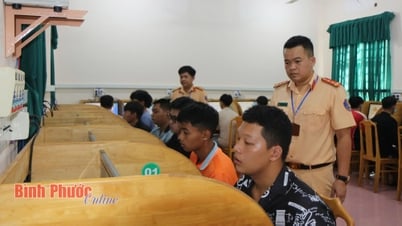







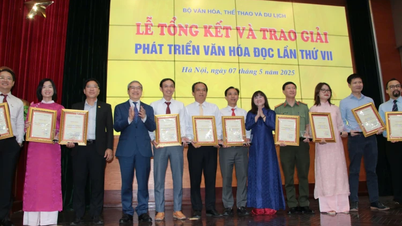





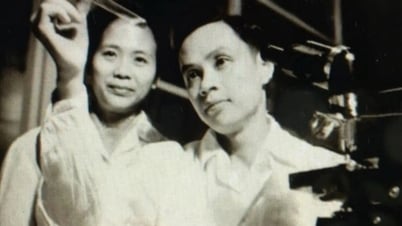



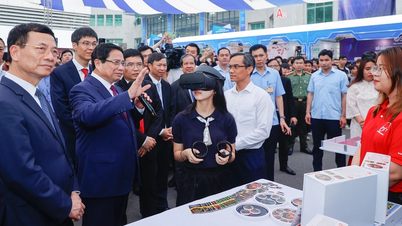
Comment (0)